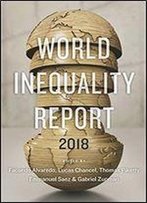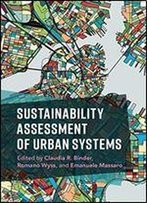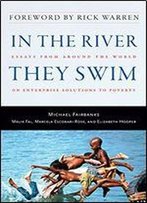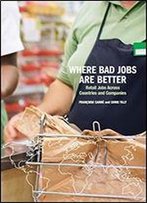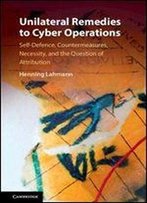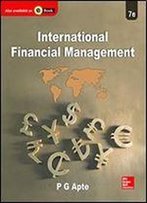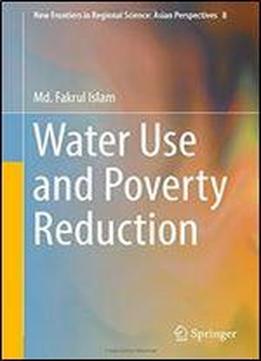
Water Use And Poverty Reduction (new Frontiers In Regional Science: Asian Perspectives)
by Md. Fakrul Islam /
2016 / English / PDF, DjVu
6.1 MB Download
This book is the outcome of empirical research on the sharing of water of the Teesta River, which flows through India and Bangladesh. The main purpose is to show how regional cooperation between India and Bangladesh regarding sharing of Teesta River water can ensure optimal benefits for people living in the area of the Teesta Basin located in the two countries. The author takes an interdisciplinary approach focusing on the relationship between availability of water and the reduction of poverty in the Teesta Basin as a whole. The book presents findings of a comparative socioeconomic survey on the Dalia and Gazoldoba irrigable areas, with background information on the Teesta River and its origin, spatio-physical nature, geomorphic and hydrological characteristics, irrigation and water delivery system through the Gazoldoba barrage in India and the Dalia barrage in Bangladesh. Citing the principles of transboundary freshwater sharing, this work focuses on different approaches to international water sharing and introduces an optimal approach to dry season water sharing and welfare maximization by developing a bilateral water sharing model. The model is tested through computer simulation, and an alternative water allocation policy is proposed. Water Use and Poverty Reduction is highly recommended to readers who seek an optimum solution to transboundary and bilateral water sharing and poverty reduction issuesAuthors: Islam, Md. Fakrul
Presents a valuable resource, with its interdisciplinary character, for courses in environmental science, social work, and policy studies
Provides a base for relating poverty to international water sharing
Serves as an example of appropriate application of modern methods and techniques of scientific social research
This book is the outcome of empirical research on the sharing of water of the Teesta River, which flows through India and Bangladesh. The main purpose is to show how regional cooperation between India and Bangladesh regarding sharing of Teesta River water can ensure optimal benefits for people living in the area of the Teesta Basin located in the two countries. The author takes an interdisciplinary approach focusing on the relationship between availability of water and the reduction of poverty in the Teesta Basin as a whole. The book presents findings of a comparative socioeconomic survey on the Dalia and Gazoldoba irrigable areas, with background information on the Teesta River and its origin, spatio-physical nature, geomorphic and hydrological characteristics, irrigation and water delivery system through the Gazoldoba barrage in India and the Dalia barrage in Bangladesh. Citing the principles of transboundary freshwater sharing, this work focuses on different approaches to international water sharing and introduces an optimal approach to dry season water sharing and welfare maximization by developing a bilateral water sharing model. The model is tested through computer simulation, and an alternative water allocation policy is proposed. Water Use and Poverty Reduction is highly recommended to readers who seek an optimum solution to transboundary and bilateral water sharing and poverty reduction issues.
Number of Illustrations and Tables
7 b/w illustrations, 64 illustrations in colour
Topics
Regional/Spatial Science
Environmental Economics
Social Policy, Public Economics

